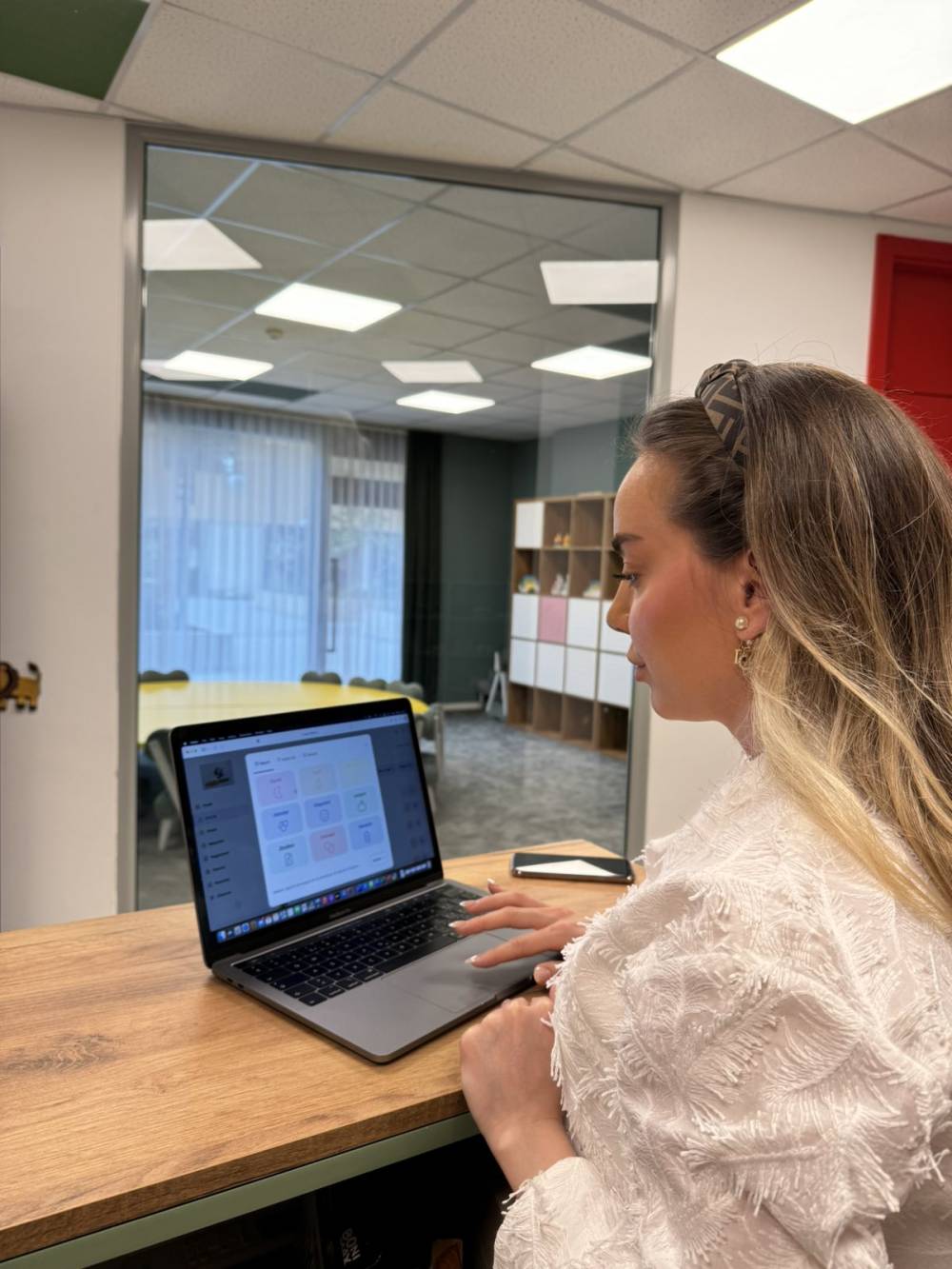In the fast-paced landscape of the 21st century, the ability to think critically and solve problems creatively is indispensable. As educators, it's our mission to cultivate these skills in the minds of our students, preparing them not just for academic success but also for the challenges and opportunities they'll encounter in their lives. In this blog post, we'll delve into the significance of promoting critical thinking and problem-solving skills among children and explore effective strategies to nurture these abilities.
Why Critical Thinking and Problem-Solving Skills Are Vital:
Critical thinking and problem-solving are not merely academic exercises; they're life skills that empower individuals to navigate complexities, make informed decisions, and adapt to change. In a world inundated with information, children who can think critically can discern fact from fiction, evaluate evidence, and form well-reasoned opinions. Likewise, those adept at problem-solving can tackle challenges with resilience, creativity, and resourcefulness, paving the way for innovation and progress.
Fostering Critical Thinking and Problem-Solving Skills:
- Encourage Curiosity: Foster a culture of curiosity by encouraging questions, exploration, and inquiry-based learning. When children are curious, they naturally engage in critical thinking as they seek answers and understanding.
- Embrace Challenges: Create an environment where challenges are viewed as opportunities for growth rather than obstacles. Encourage students to tackle problems that stretch their abilities, providing support and guidance along the way.
- Promote Collaboration: Collaboration fosters diverse perspectives and collective problem-solving. Encourage teamwork through group projects, discussions, and peer-to-peer learning experiences.
- Teach Metacognition: Help students develop metacognitive skills by encouraging them to reflect on their thinking processes. Encourage them to identify their strengths and weaknesses, set goals, and monitor their progress.
- Integrate Real-World Contexts: Connect learning to real-life situations to make concepts relevant and meaningful. Encourage students to apply their knowledge and skills to solve authentic problems they may encounter.
Provide Opportunities for Creativity: Creativity and problem-solving go hand in hand. Encourage divergent thinking by providing opportunities for creative expression, brainstorming, and exploring multiple solutions to problems.
In a world characterized by uncertainty and complexity, promoting critical thinking and problem-solving skills is more important than ever. By fostering these skills in our students, we empower them to approach challenges with confidence, resilience, and creativity. Through a combination of curiosity, collaboration, and real-world application, we can nurture the next generation of critical thinkers and problem solvers, equipping them to thrive in whatever endeavors they pursue.








